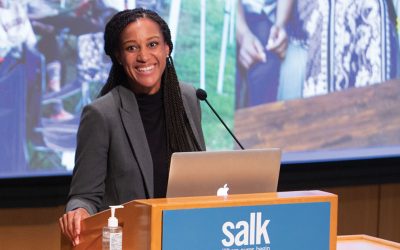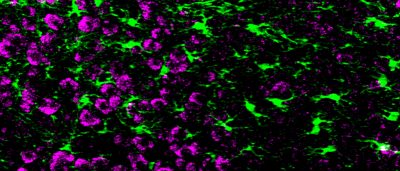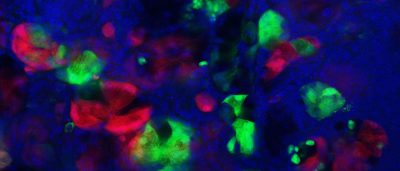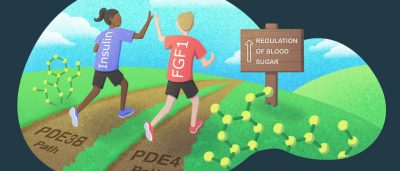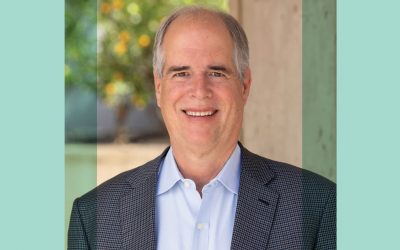Frontiers
The weed that changed the world
How Arabidopsis thaliana became one of the most important tools in science—and how the information the small weed has revealed over decades of research now enables the development of Salk Ideal PlantsTM, a new generation of food crops that are better equipped to both thrive in a changing climate and help mitigate it.
In The News
The Salk Institute and Lustgarten Foundation form strategic pancreatic cancer research partnership
Supported by a $5 million grant, the partnership aims to identify and validate potential targets for new pancreatic cancer drugs. Four participating labs, led by Salk Professors Reuben Shaw, Ronald Evans, Tony Hunter and Assistant Professor Dannielle Engle, will bring their individual areas of complementary expertise to bear on the collaborative goal.
Observations
Kenta Asahina — Flying into the future of technology and innovation
Originally from Japan, Associate Professor Kenta Asahina grew up exploring nearby farmlands with his two brothers in search of insects and plants. Their dad enjoyed taking them to the mountains and national parks. These experiences inspired his interest in the natural world, and Asahina now studies how genetics impact fruit fly behavior.
Insights
Courtney Glavis-Bloom — Shining the spotlight on aging to find a cure for Alzheimer’s disease
Senior Staff Scientist Courtney Glavis-Bloom’s work is driven by her experience caring for her grandparents, who were diagnosed with Alzheimer’s disease when she was in high school. She saw firsthand how dementia robs individuals of their connections to the world—now she studies the brain areas affected in aging in the hope of finding a cure.
President’s Letter
“It’s undeniable that science and technology are rapidly changing and, as stewards of Jonas Salk’s legacy, it is our responsibility to meet the most pressing challenges head-on and to ensure that the next 60 years of Salk science are as impactful to the world as the first 60.”
Discoveries
Spotlight
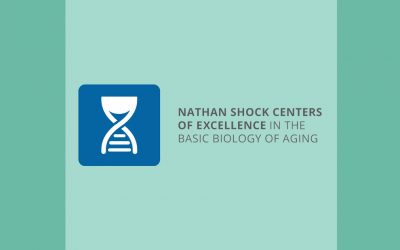
San Diego Nathan Shock Center announces grant awardees
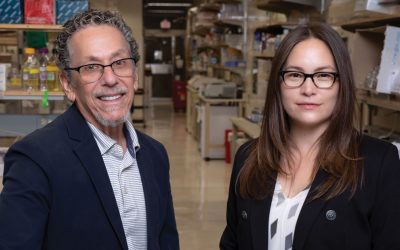
Salk scientists receive the 2021 ASPIRE award to study pancreatic cancer

Professor Juan Carlos Izpisua Belmonte tapped for high-profile life sciences position
Events
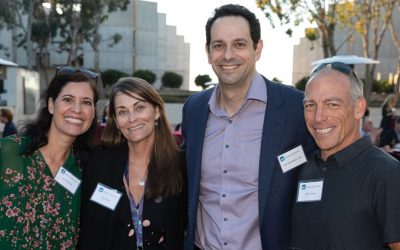
Salkexcellerators Mixer
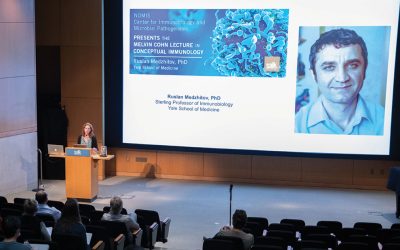
Melvin Cohn Lecture on Conceptual Immunology
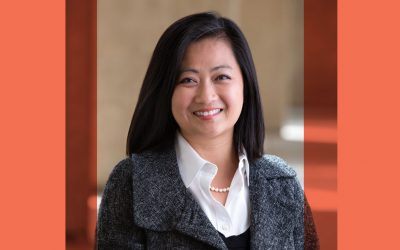
Power of Science: Impact of Salk Science on Humanity
